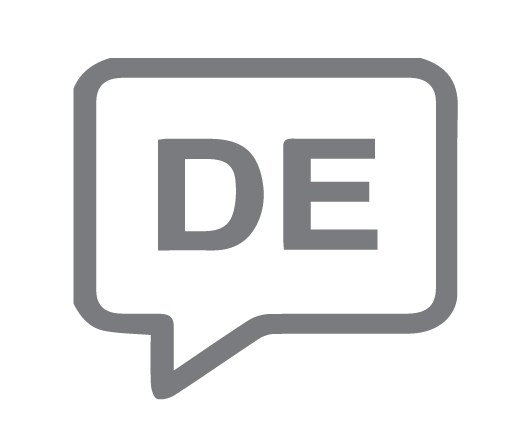
The German language has a rich and complex history that has shaped it into the language it is today. The origins of the German language can be traced back to the Proto-Germanic language, which was spoken by the Germanic tribes that migrated to central Europe in the 3rd and 4th centuries.
As the Germanic tribes settled in different regions of Europe, their language diverged and evolved into separate dialects. By the 8th century, Old High German had emerged as the dominant dialect. This dialect was used by the ruling class, including the Holy Roman Emperors, and was the basis for the development of a standardized literary language.
The Middle High German period, which lasted from the 11th to the 14th centuries, saw the emergence of a distinct literary language. This was the time when the great literary works of the Middle Ages, such as the Nibelungenlied and the Gottfried von Strassburg’s Tristan, were written.
During the Early Modern period, the German language continued to evolve and change. The invention of the printing press in the 15th century had a major impact on the spread and standardization of the language. The publication of Martin Luther’s translation of the Bible in German in the 16th century also had a significant impact on the development of the language.
In the 19th century, the German language underwent significant changes as a result of the growing nationalistic sentiment in Germany. The language was standardized and made more uniform through the efforts of linguists such as Jacob Grimm and the brothers Grimm.
Despite the historical changes the German language went through, it still offers unique features to its speakers and learner, such as its complex grammar, versatile vocabulary, and the many dialects spoken in different regions of Germany, Austria and Switzerland. Today, it is one of the most widely spoken languages in the world, with more than 100 million native speakers and it plays a important role in the cultural and economic sphere.
The history of the German language is a fascinating and complex subject that has been shaped by political, social, and cultural forces over the centuries. The language has evolved and changed over time, but it remains a vital and essential part of German culture and heritage.
